Bellotto and Canaletto | Anna Kowalczyk Bozena
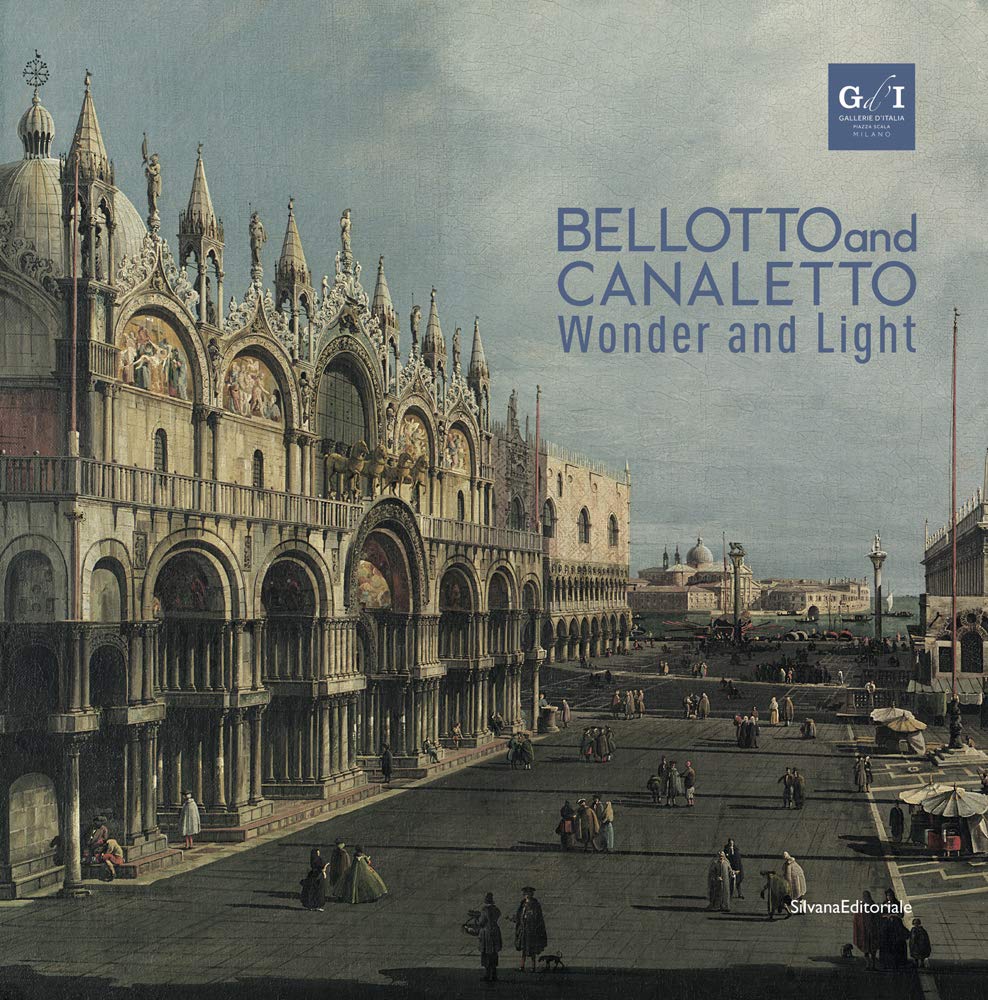
Detalii Bellotto and Canaletto | Anna
carturesti.ro
120.6 Lei
201 Lei
Carte straina
Silvana Editoriale
Bellotto and Canaletto | Anna - Disponibil la carturesti.ro
Pe YEO găsești Bellotto and Canaletto | Anna de la Silvana Editoriale, în categoria Carte straina.
Indiferent de nevoile tale, Bellotto and Canaletto | Anna Kowalczyk Bozena din categoria Carte straina îți poate aduce un echilibru perfect între calitate și preț, cu avantaje practice și moderne.
Caracteristici și Avantaje ale produsului Bellotto and Canaletto | Anna
- Departament: gaming-carti-birotica
- Ideal pentru pasionații de jocuri, birotică și distracție online.
Preț: 120.6 Lei
Caracteristicile produsului Bellotto and Canaletto | Anna
- Brand: Silvana Editoriale
- Categoria: Carte straina
- Magazin: carturesti.ro
- Ultima actualizare: 08-02-2024 01:15:57
Comandă Bellotto and Canaletto | Anna Online, Simplu și Rapid
Prin intermediul platformei YEO, poți comanda Bellotto and Canaletto | Anna de la carturesti.ro rapid și în siguranță. Bucură-te de o experiență de cumpărături online optimizată și descoperă cele mai bune oferte actualizate constant.
Descriere magazin:
This book reveals the extraordinary artistic relationship between Italian artists Canaletto (1697-1768) and Bernardo Bellotto (1722-80).Bellotto was Canaletto\'s nephew and assistant, and an adept pupil--he picked up his uncle\'s teachings so well that he sometimes signed his work as "Bellotto de Canaletto" and traded on the illustrious name, particularly after he settled in northern Europe in 1747.Canaletto, famous for his precisely painted views of Venice, taught Bellotto how to use a camera obscura in his painting, and both share a meticulous style. But in the course of Bellotto\'s travels (from Venice to Rome to Dresden, Vienna, Munich and finally Warsaw, where he remained until his death) the artist developed his own methods and interests. Favoring a cooler palette then his uncle, and interspersing his precise architectural vedute with modern landscapes and portraiture, Bellotto distinguished himself from his uncle.The recent rediscovery of the inventory of goods from Bellotto\'s house in Dresden--included in this volume--finally offers a key to understanding the artist\'s culture and personality. One of the 18th century\'s most restless artists, Bellotto seems ripe for rediscovery, and Bellotto and Canaletto: Wonder and Light offers a long-overdue exploration of the relationship between the artist and his famous mentor.

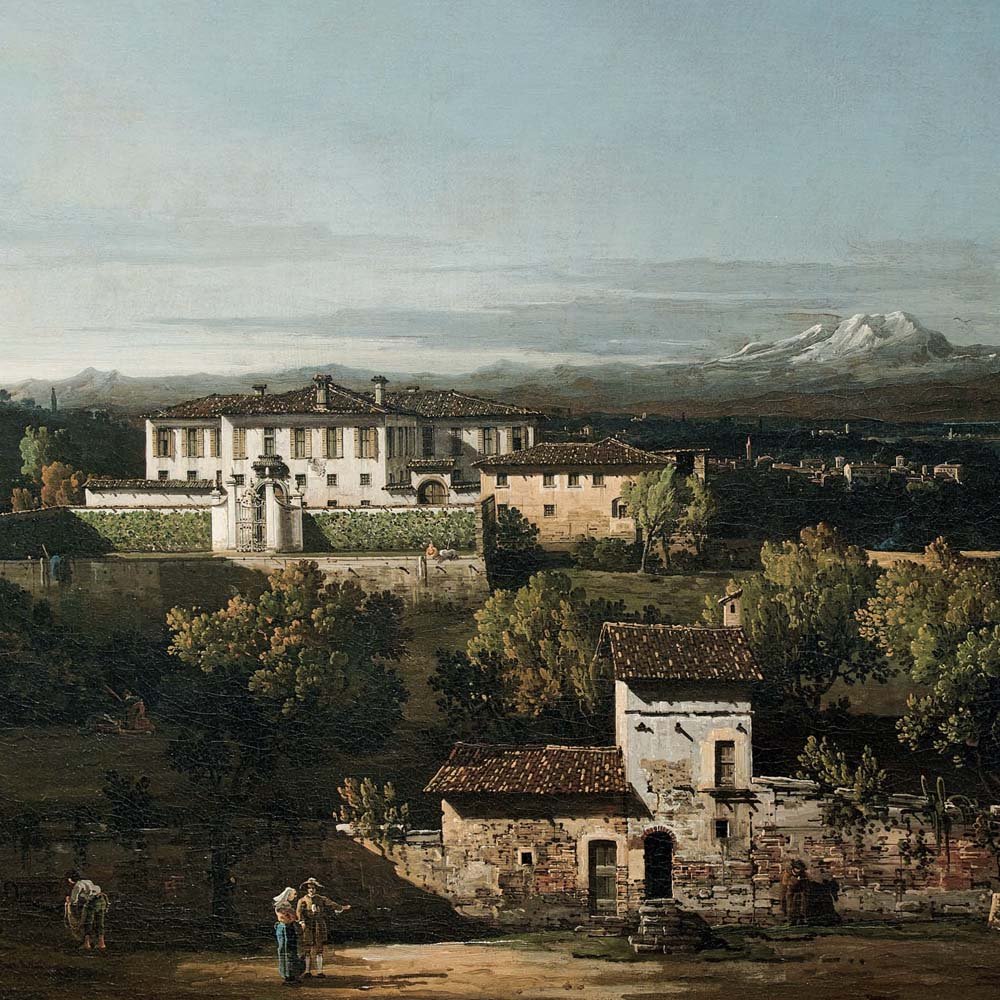
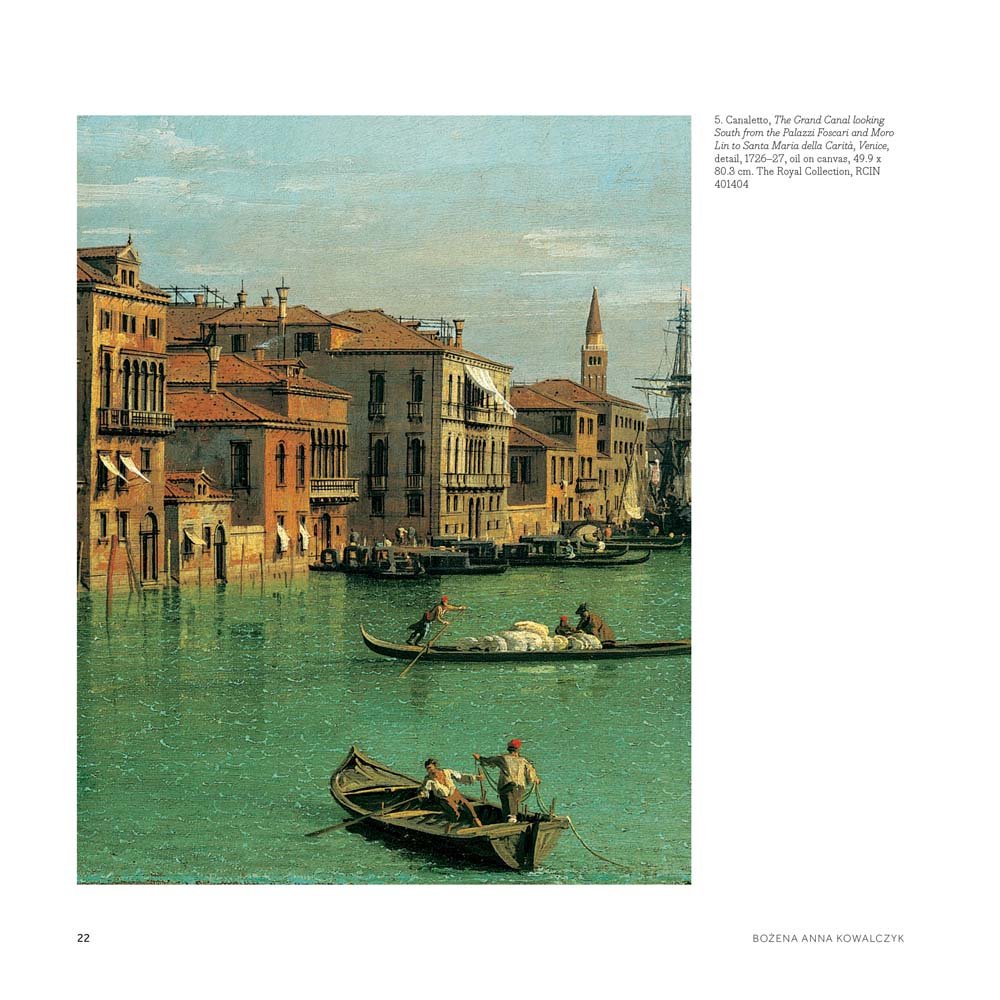
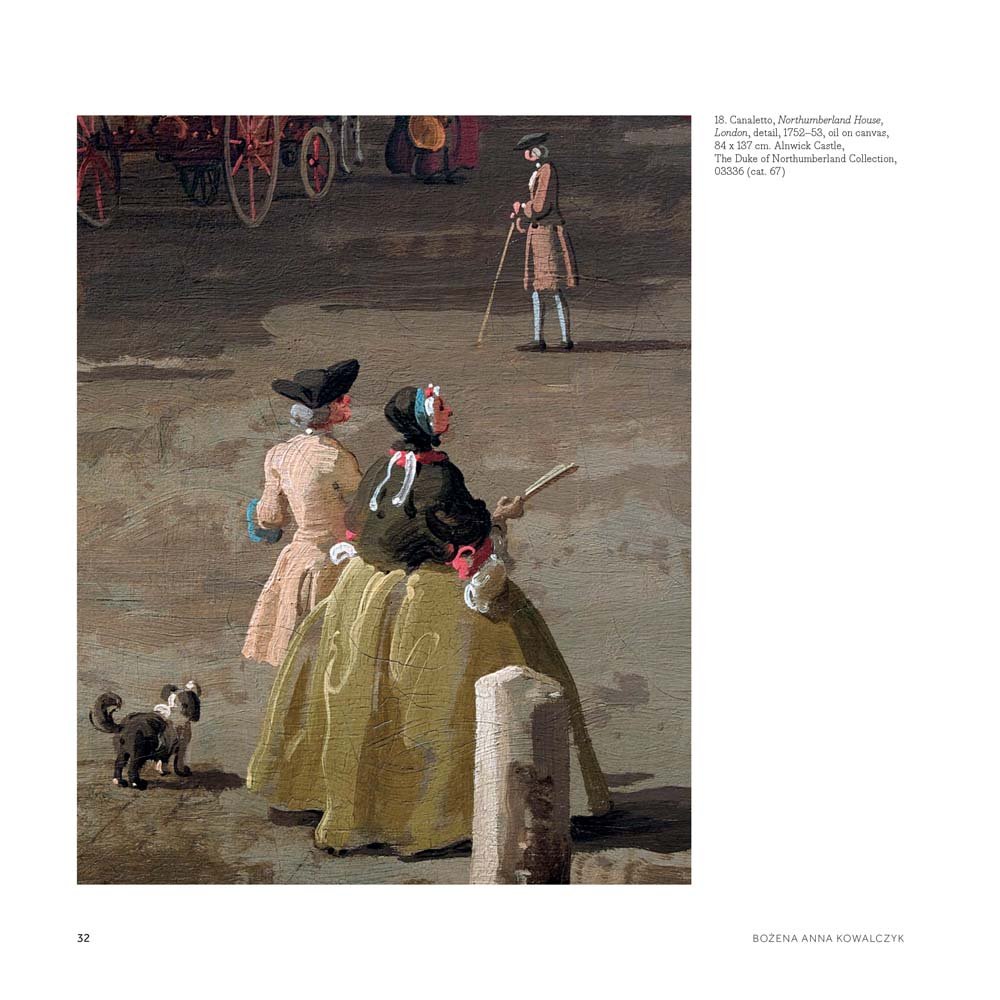
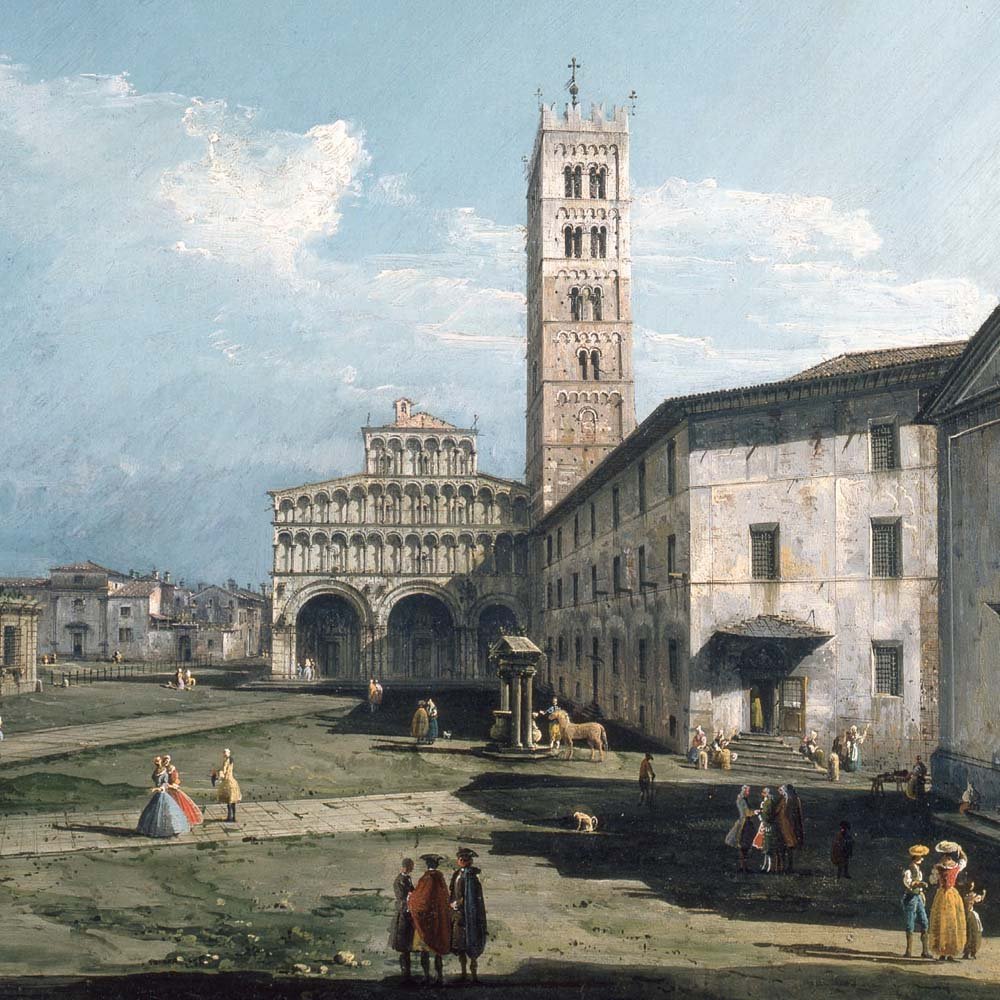
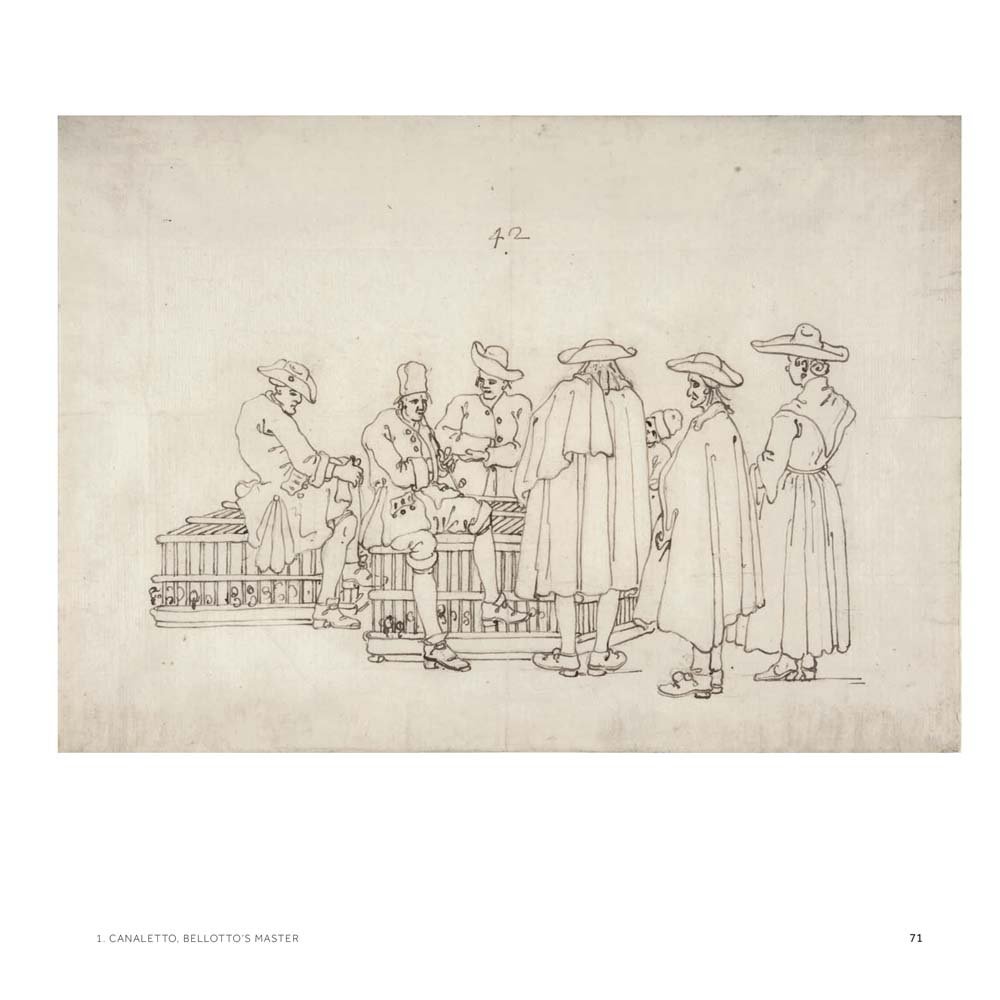
Produse asemănătoare
Produse marca Silvana Editoriale

Christian Dior: The Spirit of Perfumes, Paperback/Christian Dior
![]() elefant.ro
elefant.ro
Actualizat in 28/10/2025
158.99 Lei

Joe Colombo: Designer: Catalogue Raisonné 1962-2020, Hardcover/Joe Colombo
![]() elefant.ro
elefant.ro
Actualizat in 28/10/2025
541.99 Lei

Francesca Woodman\'s Notebook, Paperback/Francesca Woodman
![]() elefant.ro
elefant.ro
Actualizat in 27/10/2025
216.99 Lei


